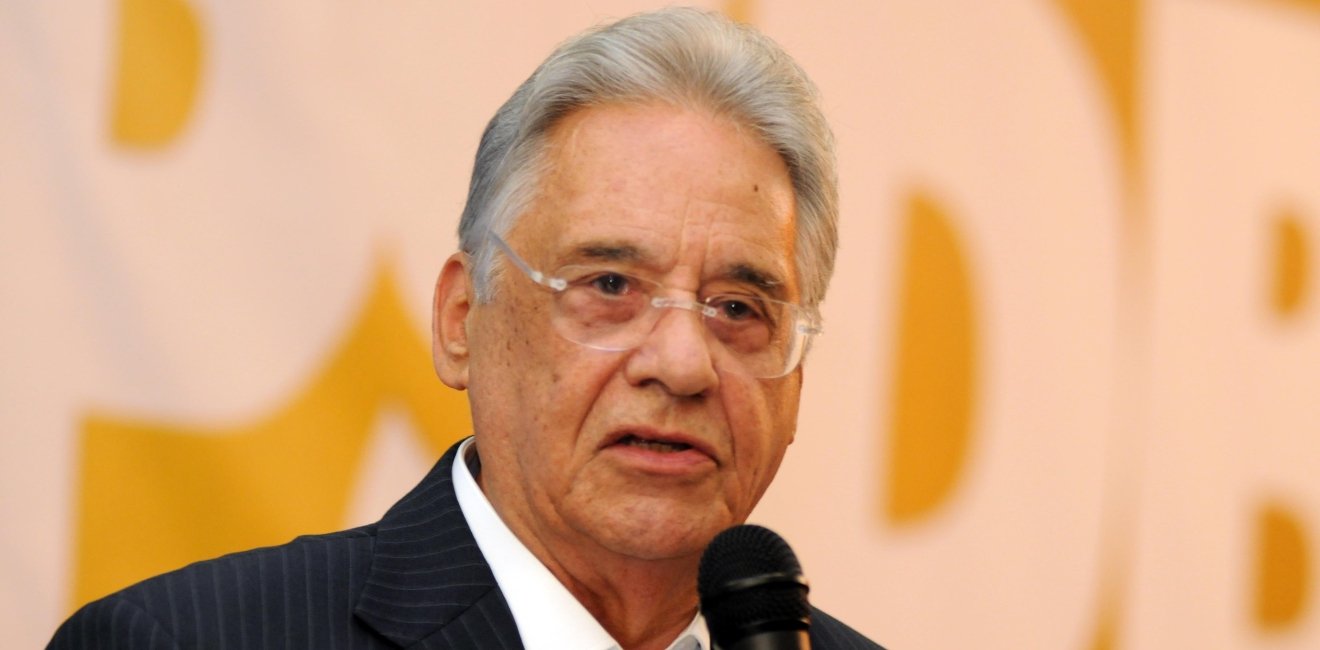
A blog of the Brazil Institute

Former Brazilian President Fernando Henrique Cardoso justifies the “open door” for his party’s exit from the government due to the accusations against President Temer.
The following interview was originally published by O Estado de S. Paulo and has been translated by Colton Wade. It can be read in the original Portuguese here.
VENCESLAU: Was the Superior Electoral Court’s (TSE) decision [to uphold] the validity of Dilma and Temer’s 2014 election victory correct?
CARDOSO: No. If I agreed with the vote, I would have opposed the case being brought before the TSE by the PSDB (Brazilian Social Democracy Party) in the first place. I understand the arguments of those who didn’t want the case to move forward for fear of its consequences—three votes from the court annulling a sovereign decision of the electorate. But in that case, it would be better to have never have opened the possibility for that recourse to occur.
VENCESLAU: What did you think about the PSDB’s decision to continue supporting the government, but also its decision to leave a door open for a possible exit?
CARDOSO: In the current state of events, it was the minimum of what had to be done given the continued wave of accusations (against the government [of President Temer]).
VENCESLAU: Is Senator Tasso Jereissati the best name to preside over the party?
CARDOSO: Tasso is, without a doubt, clearly qualified to lead the party, but there is a catch: the incumbent [leader of PSDB] (Aécio Neves) has only been temporarily removed from his post. Neves has not yet resigned.
VENCESLAU: Did the political interests of Aécio Neves and Geraldo Alckmin weigh on PSDB’s decision to stay in the government?
CARDOSO: I don’t believe so. The country’s situation is too critical for long-term personal interests to have superseded the national interest.
VENCESLAU: Should the implications of the Lava Jato operation orient the party’s position?
CARDOSO: They have had and will continue to have an impact.
VENCESLAU: What do you think about the proposal to move up the selection of new leadership for PSDB to August or September?
CARDOSO: I’m neither in Congress nor in the PSDB leadership [and so not able to] adequately evaluate it.
VENCESLAU: Does the Temer administration have the legitimacy to pass the reforms that the PSDB has committed to supporting?
CARDOSO: Until now, the administration has been able to obtain support in Congress. Independent of that, the country needs the reforms and the PSDB should fight so that, as they are carried out, the less fortunate are not treated the same way as the privileged few. From what I have seen in the Senate, the PSDB has committed more to labor reform than the PMDB [of President Temer], which at the end of the day is still the party in power. [The interview took place several days before the labor reform was blocked on Tuesday 20th by a vote in a legislative committee.]
VENCESLAU: A group of 17 PSDB deputies from the self-described “black heads” bloc openly dissented on the floor of the House, led by Deputy Daniel Coelho (PE). Strong supporters of the party, some very important like Miguel Real Júnior, have started to go off script. Is the PSDB going through its worst moment?
CARDOSO: Brazil, or Brazilians, rather, are divided, not just the PSDB. But the vast majority are united against corruption and in favor of cleaning up our institutions. The “black heads” fear that the “white heads”—and take note that my hair is whiter than white—have gotten too comfortable in power. I don’t believe it: caution is appropriate, cowardice is not. There will be a wake-up call.
Image by Aécio Neves
Author
Explore More in Brazil Builds
Browse Brazil Builds
They're Still Here: Brazil's unfinished reckoning with military impunity


